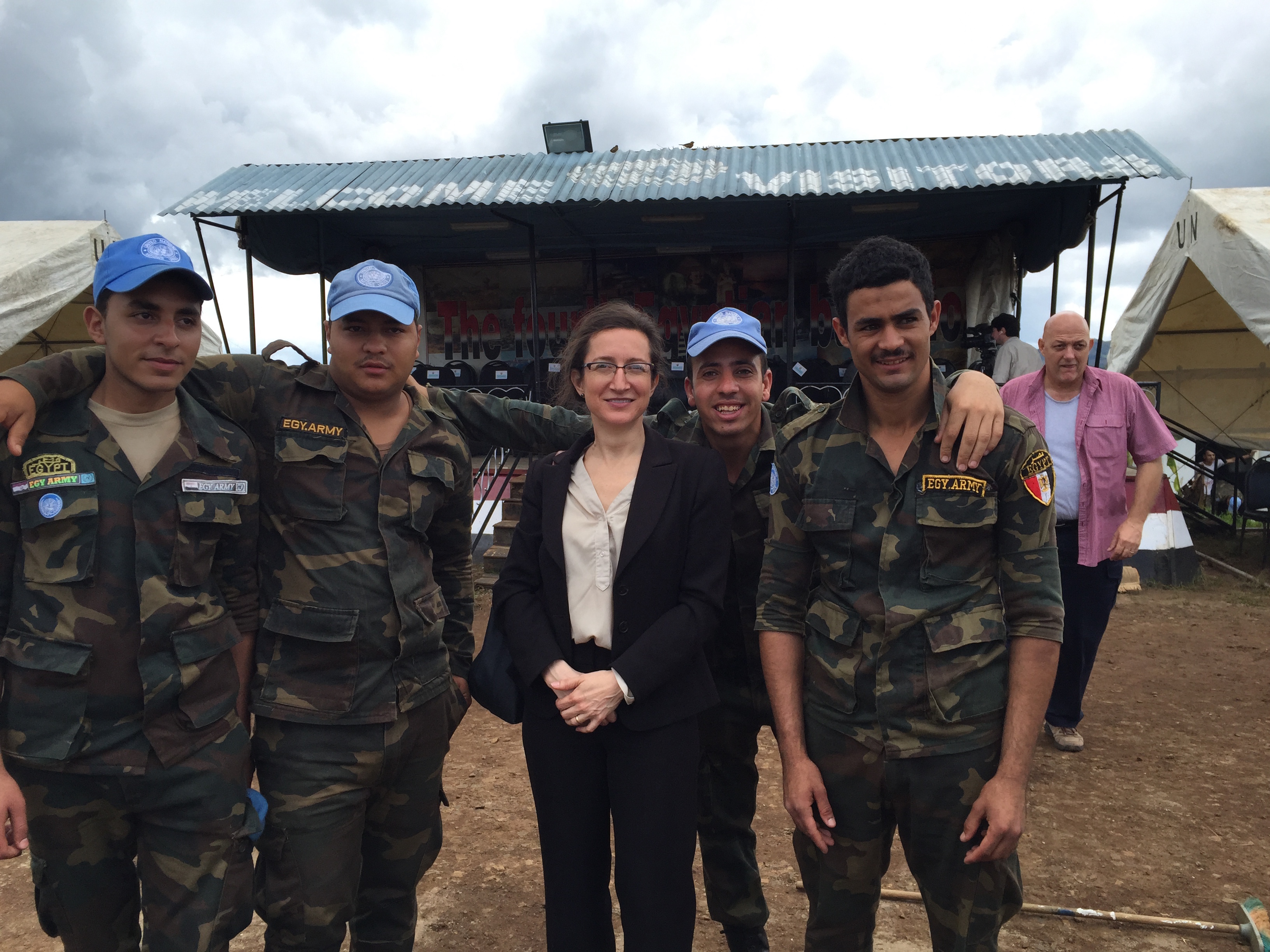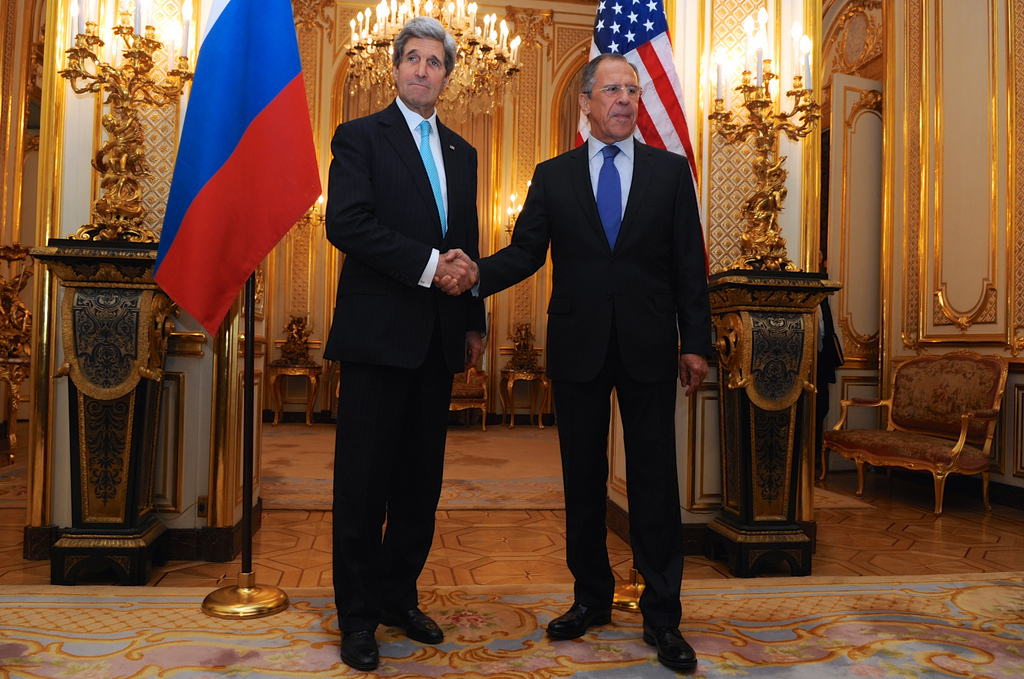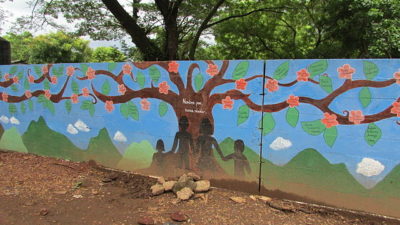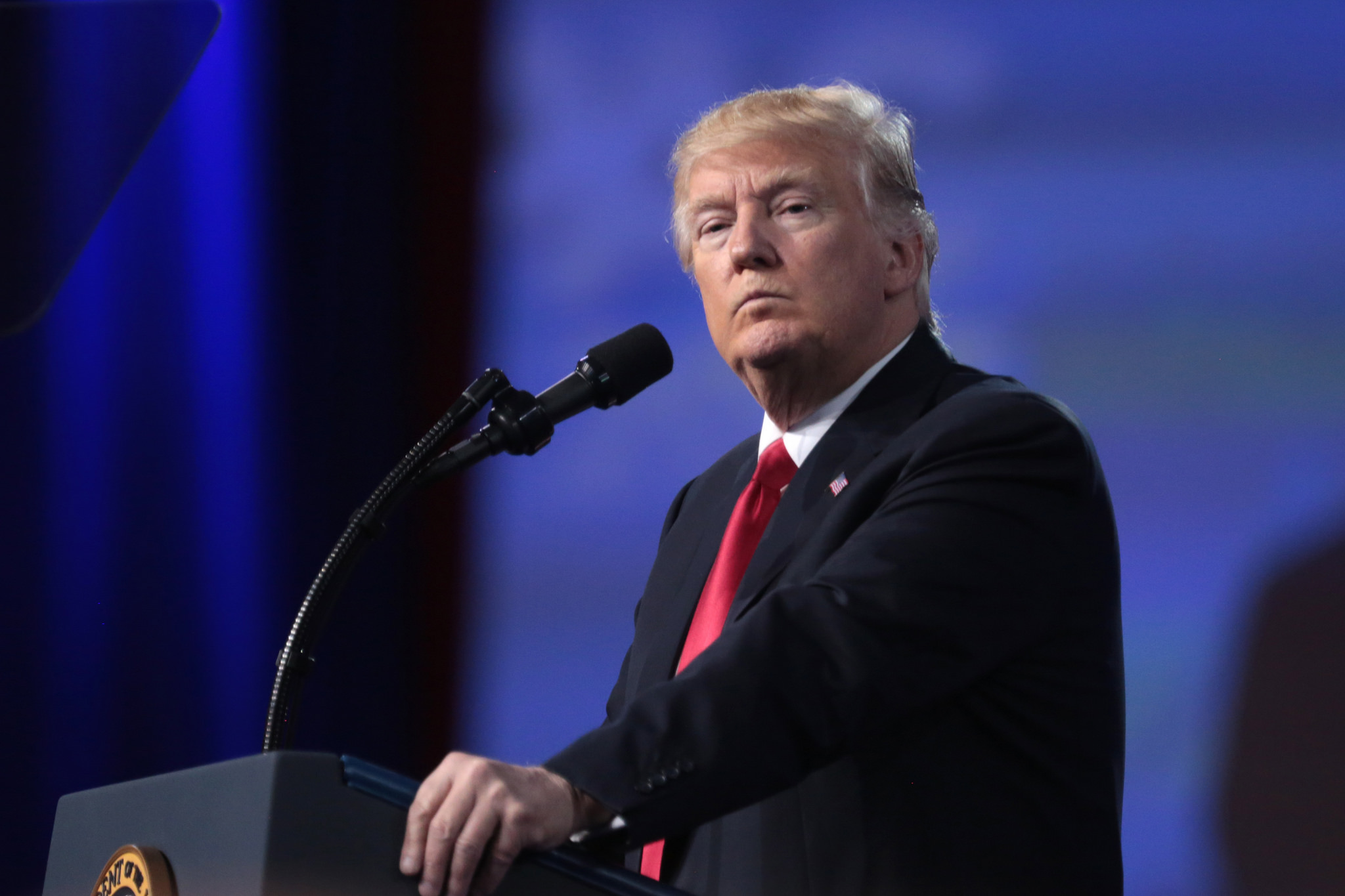Guest post by Lise Morjé Howard.
Peacekeeping was born in the midst of the American civil rights movement and the world-wide tide against colonialism. Ralph Bunche, the first African American to win a Nobel Peace Prize, was one of peacekeeping’s founding fathers. The basic principles of peacekeeping – impartiality, consent of the warring factions, and the use of force only in self-defense – were based on insights from the successful non-violent civil rights and anti-colonial movements of the era, and they remain operational today, according to the UN Department of Peacekeeping’s website.
In contrast, the 2015 “Kigali Principles” emerged from the failures of the UN during the genocide in Rwanda, and they are promoted most notably by Paul Kagame, the former military leader-turned-authoritarian ruler of Rwanda. Various leaders in peacekeeping discussed these principles in Washington DC on December 14, 2016, at an event sponsored by the U.S. Institute of Peace. There are 18 principles, which makes them difficult to summarize, but the key operational changes lie in principles 3, 8, and 13, whereby peacekeepers pledge “to be prepared to use force to protect civilians;” “not to hesitate to take action to protect civilians;” and “to take disciplinary action against our own personnel if and when they fail to act to protect civilians.”
These principles could be interpreted to mean that unless UN peacekeepers use kinetic force, possibly pre-emptive force, quickly and without moving through the R2P/just-war doctrine of exhausting all other means, troops would be disciplined. Discipline in the UN generally entails being sent home, which – since the majority of troops come from developing countries – results in losing a prime source of income, often for an entire family. In other words, if peacekeepers do not use proactive force to protect civilians, they can be fired, with deep personal ramifications. In everyday peacekeeping, the principles encourage tactical uses of force that directly contradict the original principles.
US Ambassador Samantha Power proclaims that the Kigali principles will make peacekeeping “more effective, improve security, and save lives.” I would argue that, if implemented, they will have the exact opposite effect. I am not alone, in that most Troop Contributing Countries to UN peacekeeping have not yet signed on. The principles undermine the entire logic of peacekeeping, from strategy to operations to tactics.
First, they shift the strategy from implementing peace agreements and ending civil wars to merely protecting civilians ad infinitum. Second, they advocate the creation of a vast operational capacity that no great power is willing to allow the UN to possess. And finally, they undermine the ground-level approach to learning-while-peacekeeping that has made for numerous successful operations in the past (as I detail extensively in my book, UN Peacekeeping in Civil Wars).
Last year, when I was conducting field research for a new book on peacekeeping, I spent several days interviewing UN peacekeepers in Eastern DRC (where some 40 armed groups remain active). One complaint that I frequently heard from UN troops was that they were authorized to observe and shoot rebels, but not to arrest or negotiate with them. The troops didn’t want to shoot because they don’t have a robust military deterrent capacity – they cannot conduct second strikes. But they didn’t have other authorized tactics at their disposal.
In all UN multidimensional operations today, peacekeepers have the mandate to use force, but they have a deep mismatch between means and mandate, unclear strategies, and few political goals to work towards. Whereas for the first decade or so after the Cold War peacekeepers had a remarkably successful track record at implementing their mandates, since 2005 – with the rise of enforcement mandates – the UN has not concluded a single multidimensional operation and exited the country.
I am of course not disavowing the importance of civilian protection. The question is how to protect civilians in a way that will bring about a lasting peace so that the burden of protection falls to the domestic state, and not external forces. The UN should not be in the business of peace enforcement, either on principled or practical grounds. The UN derives its legitimacy from its coordination and symbolic functions to solve international problems diplomatically (see here and here). Practically speaking, there are many capable military forces in the world that could enforce the peace, but the UN is not one of them. If other militaries choose not to step up, another option could be to create elite units within UN peacekeeping operations that could be capable of using force. But for now, the Kigali Principles, which ask all peacekeepers to fight wars, are not the answer.





